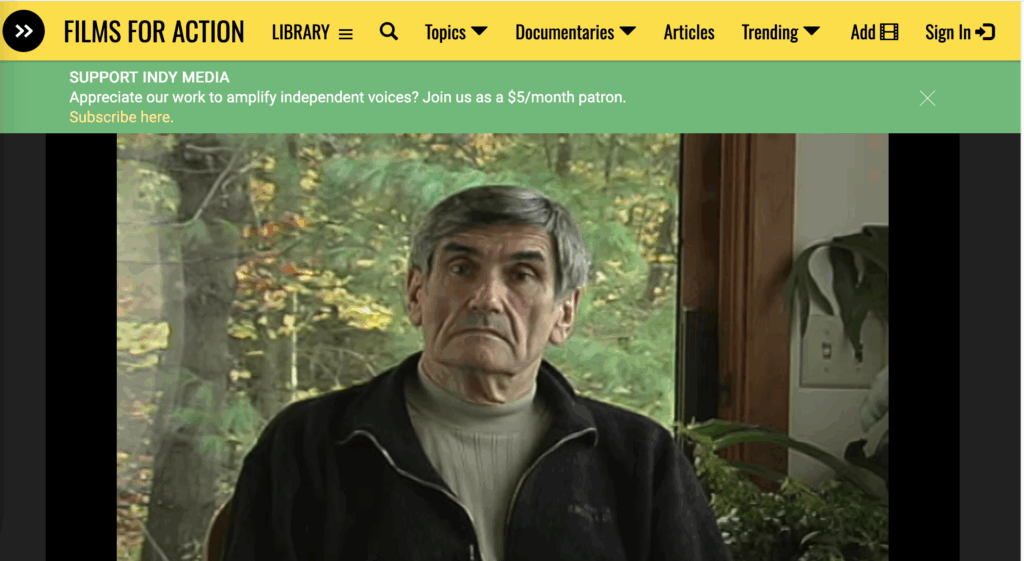
Facing despair at what is happening in our world, a long time Conscience Canada member shared a 2004 Inquiring Minds interview with Marshall Rosenberg. “I hope you will find it as inspiring & healing as I have.”
Une vidéo où Marshall Rosenberg partage sa vision est disponible in English (version originale) et en français.
With yet another illegal war underway, we need to envision a better way.. Basir Bita describes what a Nonviolence Institute could bring to our world.

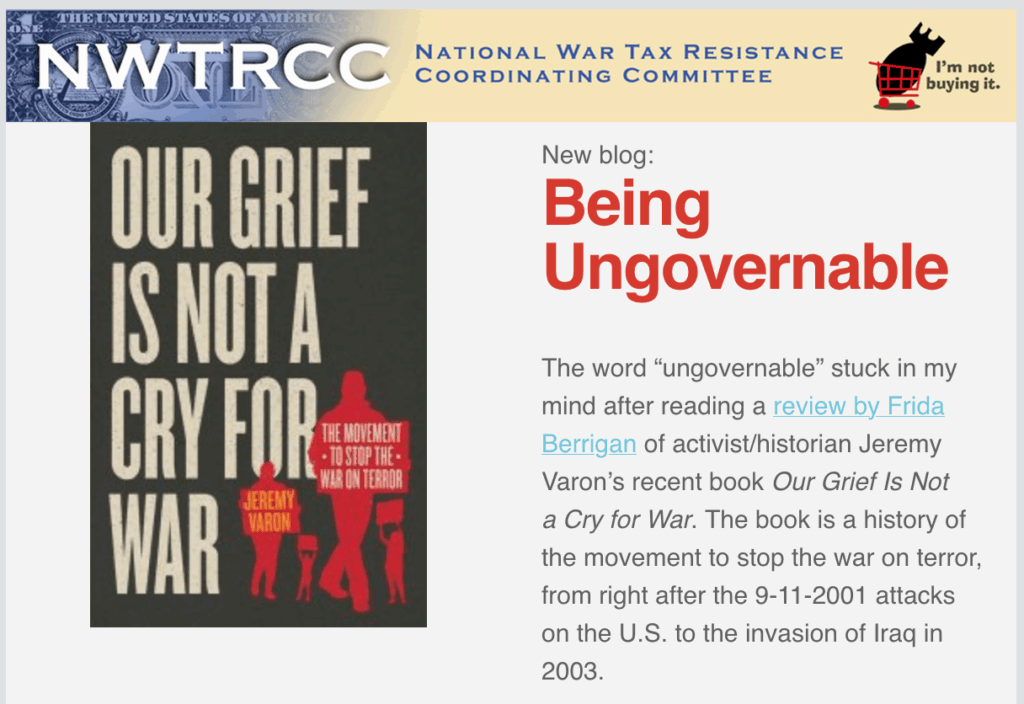
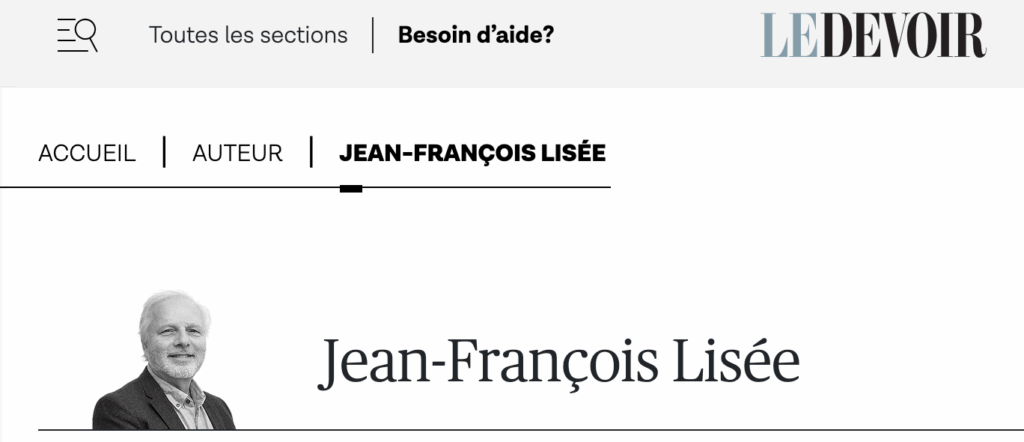
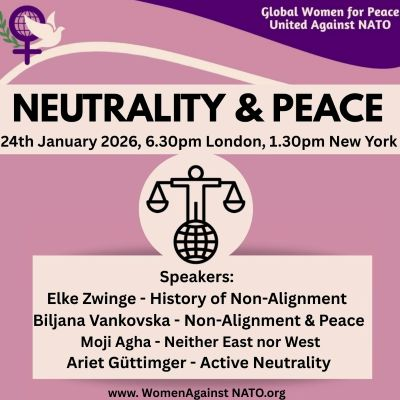 Speakers include:
Speakers include: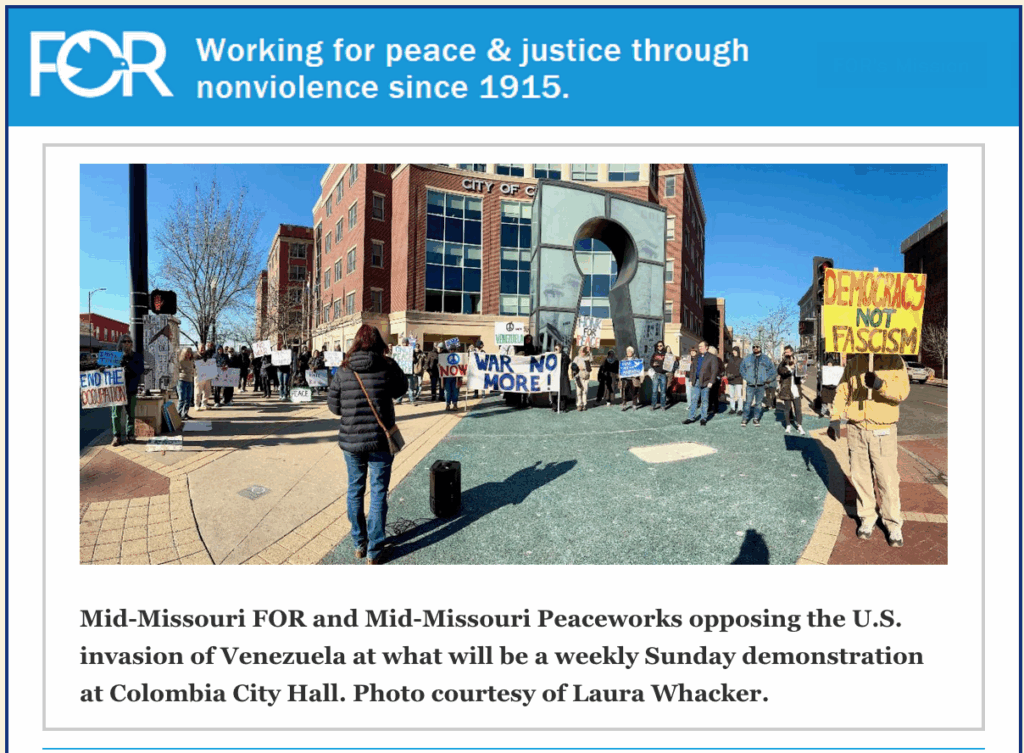
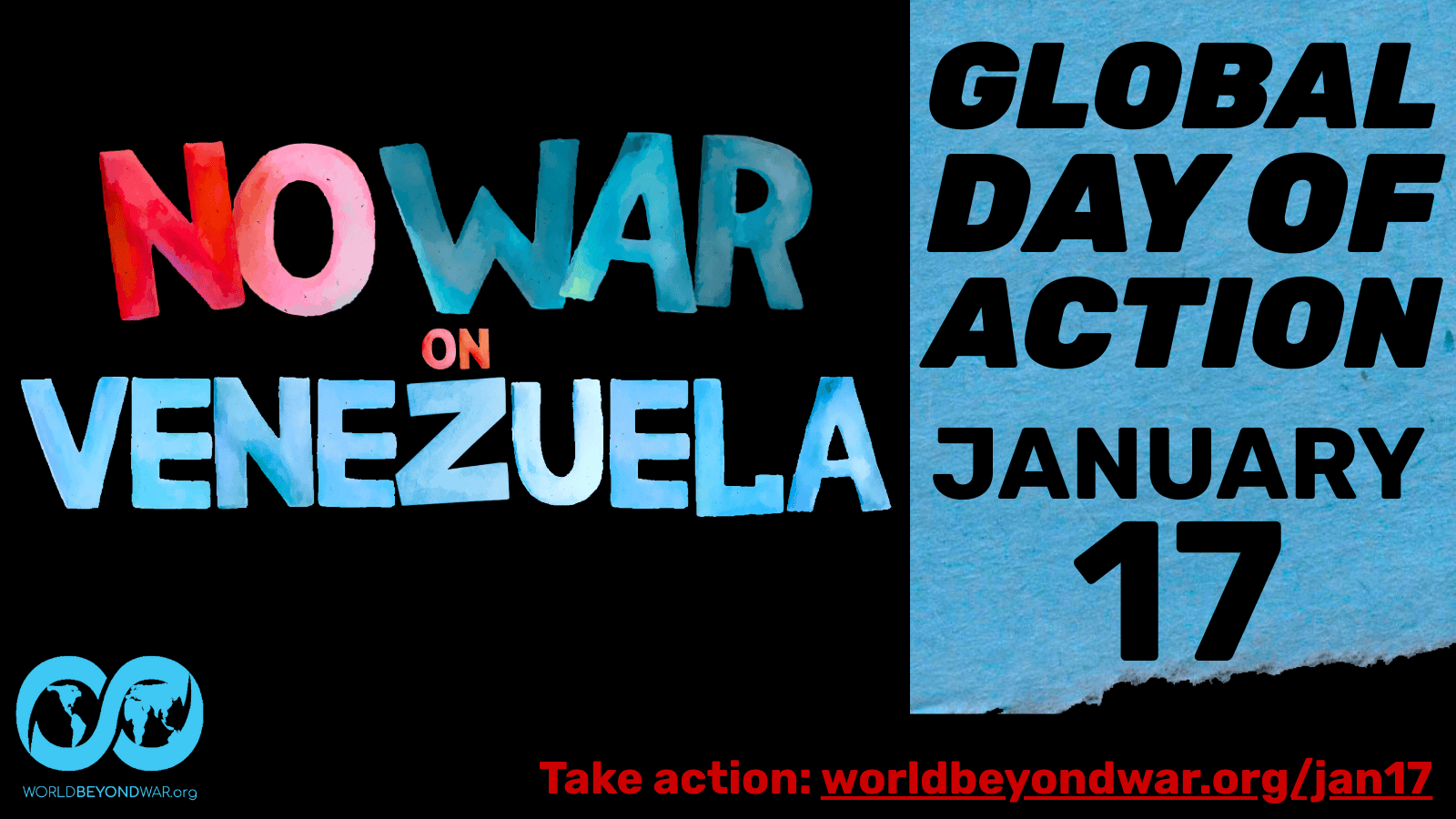 Of course Conscience Canada supports efforts by World Beyond War to stop and prevent war crimes against Venezuelans.
Of course Conscience Canada supports efforts by World Beyond War to stop and prevent war crimes against Venezuelans. As Chris Houston writes, if we want peace, we must fund what builds it! Read his take on the 2025 Carney budget and what we could be doing to really build peace
As Chris Houston writes, if we want peace, we must fund what builds it! Read his take on the 2025 Carney budget and what we could be doing to really build peace
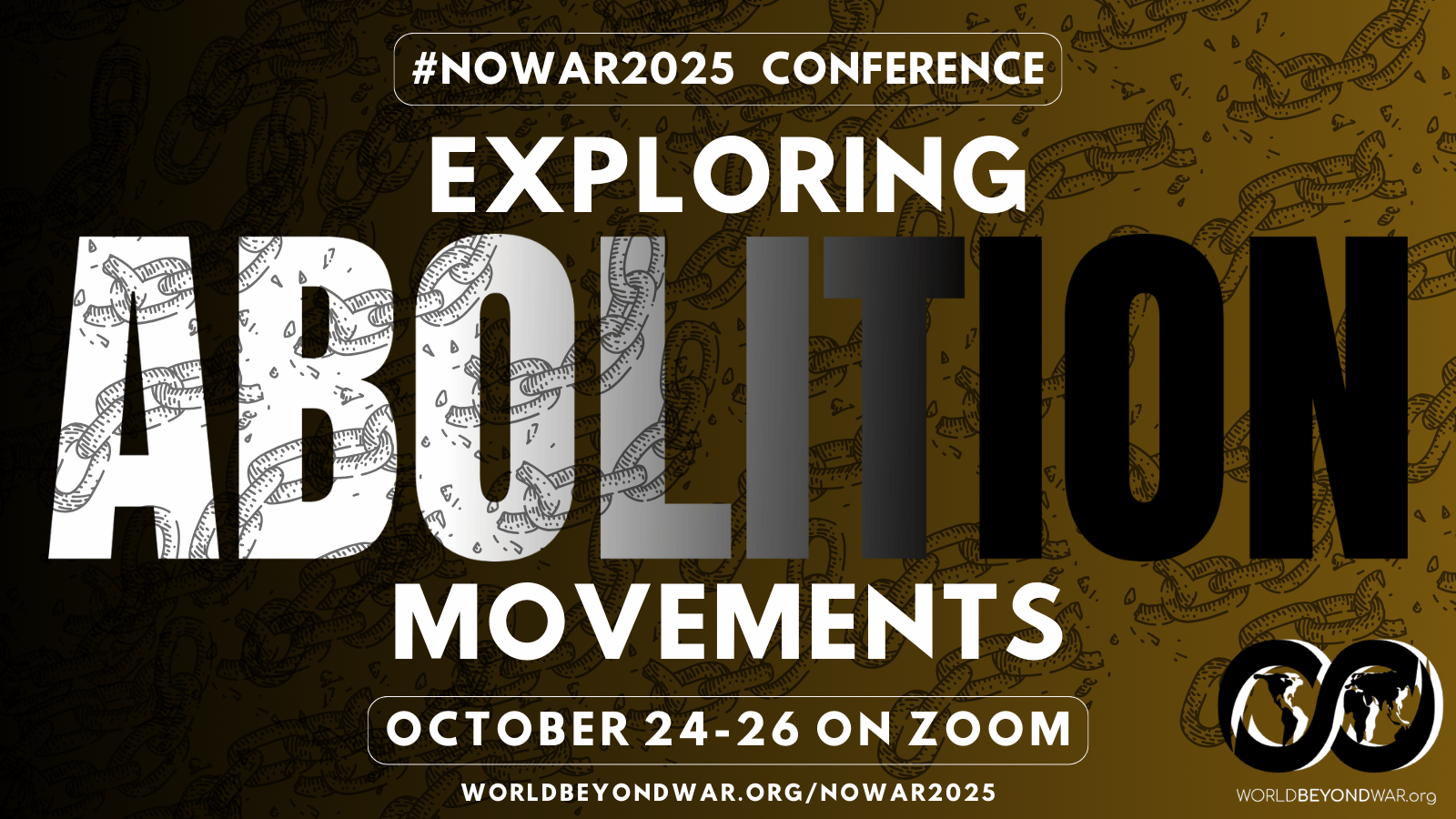 Support a world beyond war and join this year’s conference, on the theme of Abolition. Register
Support a world beyond war and join this year’s conference, on the theme of Abolition. Register 